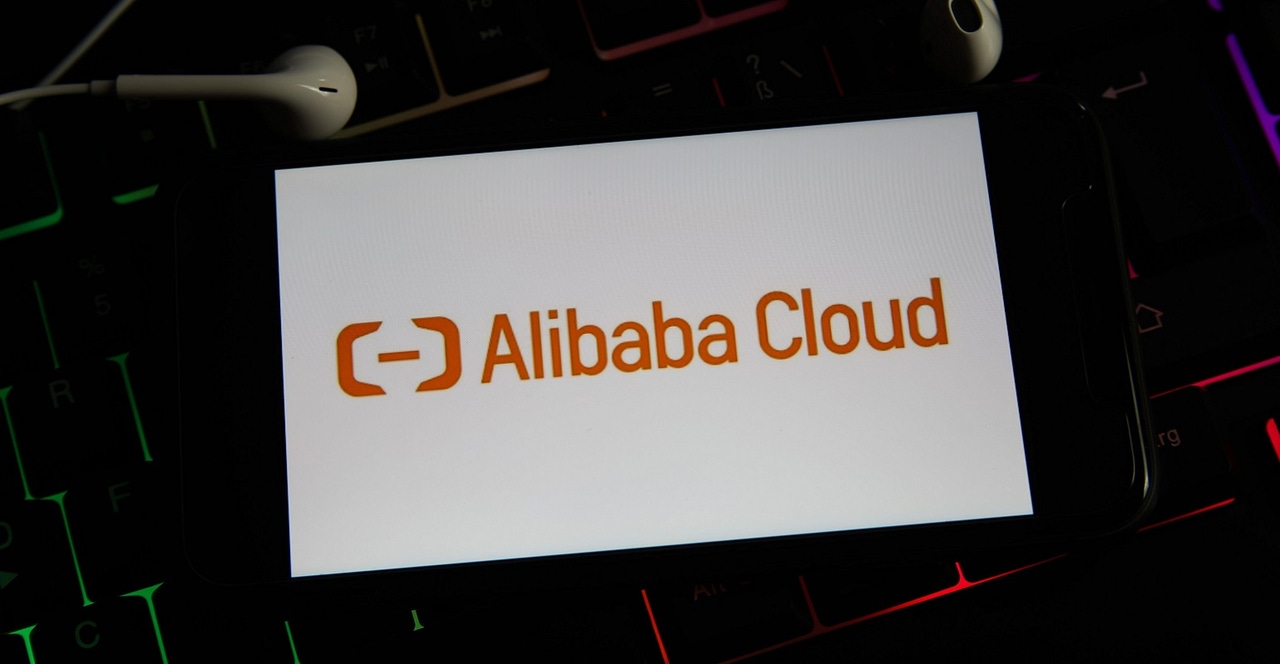The Pros and Cons of Alibaba CloudThe Pros and Cons of Alibaba Cloud
Is Alibaba Cloud a worthy alternative to the Big 3 public cloud providers? We examine its benefits and disadvantages to help you decide if it's right for your organization.

Should you use Alibaba Cloud?
That's a question that you may not even think to ask yourself, given that Alibaba's cloud computing services tend to receive much less attention in the media than those of the "Big Three" cloud providers — meaning Amazon Web Services (AWS), Microsoft Azure, and Google Cloud Platform (GCP).
But when it comes to the diversity of the cloud services available, as well as pricing and geographic coverage, Alibaba Cloud is in many cases a worthy competitor with the other, better-known cloud platforms.
To understand when it does — and doesn't — make sense to consider Alibaba Cloud, let's examine Alibaba Cloud's pros and cons as a cloud computing platform.
What Is Alibaba Cloud?
Alibaba Cloud is a public cloud platform. It's owned by Alibaba, a China-based multinational business that is also a major player in the e-commerce and retail industries. Currently, Alibaba Cloud is the fourth-largest public cloud provider globally, after AWS, Azure, and GCP.
Like other major public clouds, Alibaba Cloud offers a broad set of cloud services, such as:
VM instances
Object and block storage
Managed databases
Managed Kubernetes
Alibaba Cloud also provides a variety of native management and monitoring tools — the equivalents of solutions like AWS CloudWatch and IAM.
The breadth of Alibaba Cloud's services is one factor that sets Alibaba Cloud apart from "alternative cloud" providers, many of which specialize only in certain types of services (like storage).

cloud-choices
Advantages of Alibaba Cloud
Compared with other major public clouds, Alibaba Cloud offers a few notable advantages:
Potentially lower costs: Whether a workload hosted on Alibaba Cloud will cost less than on AWS, Azure, or GCP depends on a variety of factors that will vary from one workload to the next. However, in general, Alibaba Cloud services like VM instances tend to cost a bit less than those of AWS, Azure, and GCP.
Asian geographic coverage: Alibaba Cloud offers a significantly larger selection of Asia-based data centers than other major clouds. This is an advantage for businesses with users concentrated in Asia.
Discounted storage pricing: Alibaba Cloud gives customers the option of prepaying for storage at discounted rates via what it calls Storage Capacity Units (SCUs).
Reliable documentation and support: Alibaba Cloud offers documentation and support services that are comparable to what you'd expect from any major public cloud. Alibaba's documentation and support are not necessarily better, but they're certainly up to par.
In short, Alibaba Cloud offers the same large selection of core services as AWS, Azure, and GCP. In some cases, Alibaba's services cost less. And when it comes to geographical presence in Asia, Alibaba Cloud beats the Big Three clouds hands-down.
Disadvantages of Alibaba Cloud
On the other hand, there are common reasons why businesses may opt not to use Alibaba Cloud, including:
Limited presence outside Asia: Although Alibaba Cloud operates a limited selection of data centers across North America, Europe, the Near East, India, and Australia, the vast majority of Alibaba Cloud data centers are concentrated in East Asia. Businesses that need a truly global presence may therefore find it hard to host their workloads on Alibaba Cloud.
Fewer integrations: Not all major observability, security, and administration tools support Alibaba Cloud. Even those that promise multicloud support tend to work only with AWS, Azure, and GCP. For that reason, it may prove difficult to manage Alibaba Cloud workloads using tooling stacks that were not designed with Alibaba Cloud in mind.
Less familiar to engineers: In general, you'll be harder-pressed to find engineers who are familiar with Alibaba Cloud than you will be with the Big Three clouds, at least in North America. The other clouds have stronger developer advocacy programs and — for now, at least — they enjoy a much higher degree of awareness among North American engineers.
To be sure, Alibaba Cloud is still evolving rapidly, and it's possible that these disadvantages will abate as it grows. But for now, Alibaba Cloud remains most heavily invested in the Asia-Pacific region, which means its support for workloads, tools, and engineers that are based in other parts of the world is limited.
There's also not a lot of reason to believe that Alibaba Cloud will be expanding its presence in North American or European markets in the near future. It hasn't added data centers in those regions since the mid-2010s, although it has continued expanding its footprint in Asia. And when Alibaba Cloud talks about engaging the North American market, it's usually in the context of working with North American companies seeking to expand operations in Asia, rather than landing customers that don't have a presence in Alibaba's backyard.
In general, then, it seems that Alibaba Cloud's business strategy is focused on owning the Asia-Pacific market and leaving the rest of the world to AWS, Azure, and GCP, rather than going head-to-head with the Big Three clouds.
Should You Use Alibaba Cloud?
To sum up, whether Alibaba Cloud is a good fit for hosting your workloads depends on:
Whether you need to use data centers in locations where Alibaba Cloud has a limited presence, and/or whether it's an advantage to you to have a large number of data center options based in East Asia.
Whether your cloud management tools support Alibaba Cloud.
Whether your engineers are familiar with Alibaba Cloud or are willing to learn it.
Whether your workloads happen to cost less on Alibaba Cloud based on their specific configurations.
These considerations may change as Alibaba Cloud continues to evolve, especially if the company invests more heavily in markets outside of Asia-Pacific. But at present, Alibaba Cloud's appeal for businesses that don't have a strong presence in Asia remains limited.
About the Author
You May Also Like








.jpg?width=700&auto=webp&quality=80&disable=upscale)
